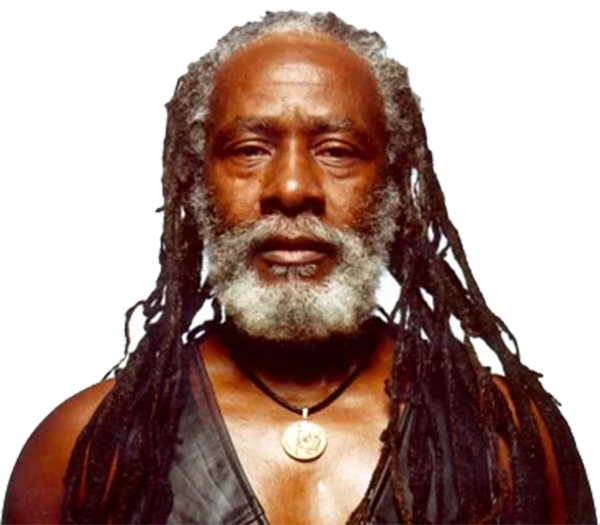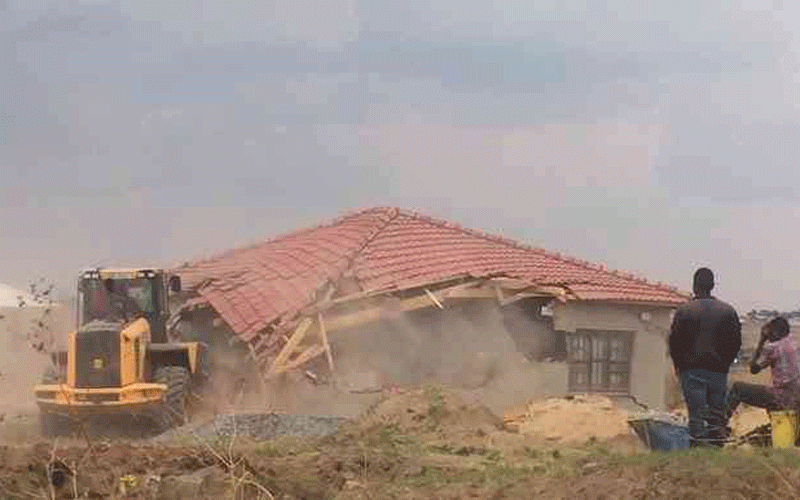
in the groove with Fred Zindi
One thing I regret after my trip to Jamaica last year, was failing to meet some of my favourite reggae artistes. These include Bunny Wailer, Jimmy Cliff, Freddie MacGregor and Burning Spear. Believe it or not, these old school artistes are still alive.
I wanted to meet them and ask them if they will ever make hits again as they did in the 1970s and 1980s. The last time I heard a new song from Burning Spear was in 2008 when he came up with Jah Is Real.
On my way to Ocho Rios, Saint Ann from Montego Bay, we drove past Sir Jimmy Cliff Bay, obviously named after the reggae icon. As we were heading towards Ocho Rios, my mind focused on meeting Burning Spear who I knew lived somewhere in Saint Ann, near where we were. The late Bob Marley was also from Saint Ann.
Constantine Rwizi, a Zimbabwean roots reggae fanatic reminded me about this when he asked me on my return from Jamaica whether Burning Spear was still alive and if I had met him while in Jamaica. He also asked me if Burning Spear had released any new material. I did not have a clear answer for him as I had missed a chance to visit him on my trip to Jamaica last year. I actually visited Saint Ann’s Bay, Burning Spear’s place of birth, but spent most of my day at Dunns River Falls in Ocho Rios instead. By the time I tried to find out how to locate Burning Spear it was time to leave for Montego Bay, some 120km away where I was staying. What an opportunity missed! Before leaving the Island, Boysie Woolcock who was my guide, as if to console me, told me that I had not missed anything because Burning Spear is now based in Queens, New York.
Burning Spear, real name Winston Rodney, was born on March 1, 1945. He is a Jamaican roots reggae vocalist and musician. He is a Rastafarian and one of the most influential and long-standing roots artistes to emerge from the 1970s along with Bob Marley, Peter Tosh and Bunny Wailer.
In 1984, Joseph Mhundwa, brother to the then Radio 3 DJ, Mike Mhundwa, made an attempt to bring Burning Spear to Zimbabwe to give performances, but that failed as the man, just like Bunny Wailer, is rumoured to be scared of flying.
Without doubt, Burning Spear is the embodiment of Jamaican roots music. Through a wealth of magnificent recordings he has come to symbolise the spiritual majesty of a displaced race of peoples searching for freedom and ultimately for repatriation to Africa, a destiny prophesied by his cultural source of inspiration -black civil-rights leader Marcus Garvey. The words of Garvey have featured prominently on all of Burning Spear’s recordings since his punitive days with Studio One. He is one of the most potent forces in reggae having begun as a cult figure.
- Chamisa under fire over US$120K donation
- Mavhunga puts DeMbare into Chibuku quarterfinals
- Pension funds bet on Cabora Bassa oilfields
- Councils defy govt fire tender directive
Keep Reading
Rodney took the name Burning Spear from the first president of independent Kenya, Jomo Kenyatta (father to Uhuru Kenyatta) when he started recording for Clement Coxsone Dodd in 1969. The single Door Peeper, which sank without trace because it ignored the then popular reggae mould of carefree dance music, was typical of his subsequent recordings, an almost chant-like Rastafarian prayer. Although Burning Spear is essentially a solo singer; Rupert Willington and Delroy Hines were co-opted as backing singers and songwriters during the early days at Studio One. For the next five years Burning Spear continued to record for Dodd with little commercial success. Joe Frazier made the Jamaican top five in 1972. Foggy Road, Swell Headed, Ethiopians Live It Out, New Civilization, This Population and Creation Rebel, all classics of the genre, were largely ignored at the time of their release.
A stipendiary dispute dissolved the Spear/Dodd team, and by the end of 1974 Burning Spear was back on the North Coast where he was approached by sound system operator Jack Ruby. Ruby wanted exclusive discs to play on his system and Burning Spear responded with Marcus Garvey. It set the island alight and Jamaica became gripped with Burning Spear-mania. Fired by the record’s success, Ruby released the equally splendid Slavery Days and the Marcus Garvey album. Issued by Island Records in the UK, the album was acclaimed as an unequivocal success and a major landmark in reggae.
Although by now recognised as a major musical force, Burning Spear was having little effect upon contemporary Jamaican music, except as a champion of Garvey teachings. At the end of 1975, Burning Spear experimented with self-production and released Travelling on his own label. In addition, he produced sides for Phillip Fullwood and a group from St Ann’s called Burning Junior. A second album, Man in The Hills, showed him in a less militant mood.
Accompanied only by Bobby Ellis, his trumpet player, Burning Spear paid his first visit to the UK in October 1976. Spear and Ellis had just one day in which to rehearse with the indigenous London reggae rockers Aswad, for two consecutive nights at the capital’s Rainbow Theatre. Despite this ramshackle organisation, the shows were triumphs for Spear and reggae, creating a stir similar to Bob Marley’s Lyceum show a year earlier. An impressed and grateful Spear on return invited Aswad to join him in Jamaica to record the Marcus Children album. It marked a return to the defiance of earlier recordings, including the kaleidoscopic track Civilised Reggae, which eventually surfaced in England, re-titled Social Living, on Islands One Stop subsidiary.
Much of 1979 was spent working at his Garvey Lawn Recreation Centre in his home town, and laying new tracks to Bob Marley’s Tuff Gong Studio found on Hail HIM, which he co-produced with the Wailers bass guitarist Aston “Family Man” Barrett. The primal resolute, questioning vocals splashed across a patchwork of metaphysical rhythms, are the hallmarks of Burning Spear.
After the success of his Rainbow Theatre tour in England where he was backed by Aswad, Burning Spear, had to re-think his strategy. With a few counselling sessions about his fear of flying, he decided to see the world. He spent the next decade touring extensively. The only reggae-loving country in Africa he did not perform in was Zimbabwe.
I was responsible for bringing Aswad to Zimbabwe in 1982 after talking to my two friends in the band, Brinsley Forde and Angus Gaye (Drummie Zeb). I tried to persuade them to include Burning Spear on this tour, but it didn’t work out because Burning Spear was engaged elsewhere. When King Sounds heard that there was an opportunity for another artiste, he jumped on the bandwagon and teamed up with Aswad to perform in Zimbabwe. Wherever Burning Spear went to perform, he would record live albums. Several of them were issued, including Burning Spear Live, Live in Paris, Live in South Africa, Live in Vermont, Peace and Love Live, Live at Montreux Jazz Festival a well as (A)live 1997. Touring the world time and time again, the band’s live sound matured and grew more sophisticated. While remaining firmly rooted in reggae, accents of free jazz, funk and psychedelic music were increasingly in evidence.
His 1999 album, Calling Rastafari brought his first Grammy Award in 2000, a feat which he repeated with Jah Is Real in 2009. During the 2000 Home To My Roots Tour, he performed in Cape Town, South Africa alongside other reggae icon Joseph Culture Hill. In 2002 he and his wife, Sonia Rodney who has produced a number of his albums, restarted Burning Music Records, giving him a greater degree of artistic control.
I have spoken to a few promoters in Zimbabwe, including 2Kings Entertainment about re-engaging the 74-year-old musical icon to come and deliver his musical genius in this country and many have shown an interest but have not made any moves. I think if he were to come with a younger artiste, he would get overwhelming response from Zimbabweans. There is still a big room for old school reggae in this country. Seventy-four-year old Thomas Mapfumo received an overwhelming response in April, last year. This can also happen to 74 year old Rodney.
Feedback: [email protected]











